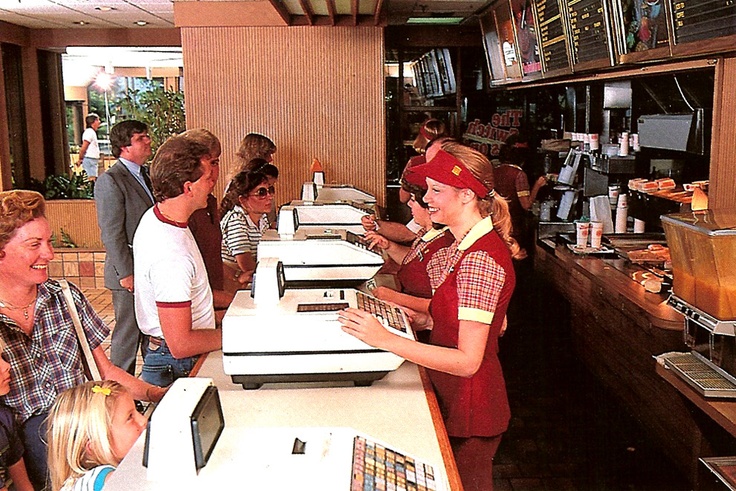Some people don’t have enough to eat and some have so much that they read magazines about it. The extreme fetishization of food is one of the damndest developments of modern life. I know the market goes where it will, but just imagine if we put all that effort into making sure everyone was fed rather than a few devouring the most creative menus possible?
One way to spread the goodness would be with a plant-based meat replacement that’s cheaper than beef and more nutritious. Such an innovation would also diminish animal suffering, human health problems and environmental damage. In a Grub Street piece, Daniel Fromson takes us inside the Silicon Valley labs of Pat Brown, who wants to make a meatless burger that’s better than the cow kind for the same reason that Elon Musk aimed to manufacture an EV superior to cars with internal combustion engines–to save humanity. An excerpt:
What if taste isn’t a true obstacle to change? According to Pat Brown, it doesn’t need to be. Brown is a biochemist who resigned last year from his “dream job” at Stanford’s School of Medicine — tenure, funding, his own genomics and cancer-treatments lab — and who has called raising animals for food “a completely shitty, useless industry in every possible way.” “I am an ideologue, if you want to call it that,” he once said. Others have called him a “deranged visionary,” an “incurable optimist,” and, in the case of the Nobel-winning oncologist Harold Varmus, former director of the National Cancer Institute and the National Institutes of Health, a “prophet.” Brown is also a vegan, albeit one who disdains what he sees as the irrational “vegan fundamentalism” epitomized by PETA-style activists. “The way to win is the awesome power of the free market,” Brown says. Meat, he adds, “is like the horse-and-buggy industry at the turn of the century: It’s obviously doomed, and it’s just a question of who takes it down and how soon.” You might be able to guess who he says will help him do that: “Our target market is not vegetarians. It’s not vegans. It’s not fringy health nuts. It’s not food-fad faddists. It’s mainstream, mass-market, uncompromising, meat-loving carnivores.” Citing a U.N. calculation that 30 percent of the planet’s land is used for animal agriculture, he hopes his plan will “change the way Earth looks from space.” “The way that we’re going to monitor our progress,” he says, “is by looking at Google Earth, basically.”
You may have heard of “cultured meat” made of lab-grown cells, like the $325,000 patty paid for by Google’s Sergey Brin — a strategy Brown sees as off-putting, not to mention technically and economically unviable. And you may have heard of start-ups, like Beyond Meat, that have tried to invent animal-cell-free “plant-based meat,” often made from soy, that re-creates the taste and texture of the real thing — a target, Brown and others agree, that they have failed to hit. You may not have heard of Brown’s own start-up, which is trying to do the same thing, because he has spent four years working mostly in secret, tweaking the user experience like his iPhone-making counterparts in Cupertino. But what he has done, he says, is spectacular: He has cracked meat’s molecular code. Which means that by sometime next year, he intends to sell what he calls a “shock and awe” plant-based burger that bleeds like beef, chars like it, and tastes like it (and eventually, critical to its long-term prospects, costs less).
“It’s going to be absolutely, flat-out delicious,” Brown says. “People have low expectations because they think what they’ve experienced before represents what’s possible.” Brown has high expectations. His start-up is named Impossible Foods.
America’s highest-tech hamburger prototypes are built in Redwood City, the Silicon Valley home of Oracle and Evernote, in what looks like a test kitchen hijacked by chemists.•
Tags: Daniel Fromson, Harold Varmus, Pat Brown

